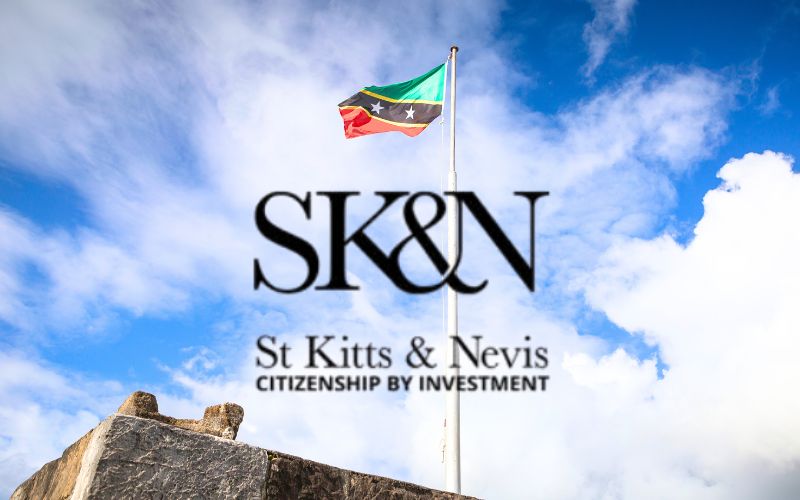Portugal investment funds has gained spotlight after the government closed the real estate purchase for golden visas. Unlike real estate which is a straightforward purchase, new investors may find it difficult to understand how the investment fund works, fees, returns and risks associated with the fund.
What are they?
Portuguese investment funds for company capitalization are one of the easiest qualifying routes for the Golden Visa – RBI Program, and they work as a structured way for investors to inject capital into Portuguese businesses through a regulated fund rather than direct ownership of a company. So far Portugal manages about 35 billion euro of investment funds (asset) according to Statistics Portugal
Anyone can invest in Portuguese investment funds – individuals or institutions, nacional, european or from third countries – provided they meet the legal, regulatory, and fund-specific requirements. The exact eligibility depends on the type of fund and the investor’s profile. These are different kind of funds for each sector..
- Technology and innovation,
- Renewable energy,
- Tourism and hospitality,
- Agriculture and agritech,
- Healthcare and biotech
GV Eligibility
To qualify for golden visa rules, the investment fund
- CMVM approved fund (venture capital or private equity fund)
- Must not directly invest in real estate assets
- Atleast 60% of the fund’s assets must be invested in companies headquartered in Portugal.
- Must be invested via opening bank account in Portugal
A collective investment vehicle regulated by the CMVM (Comissão do Mercado de Valores Mobiliários, Portugal’s securities market regulator). The fund raises capital from multiple investors and uses it to finance private Portuguese companies — either by acquiring equity or by providing other forms of capital. For the Golden Visa, these are often Private Equity or Venture Capital funds.
Capital Injection
Investors (individuals or institucionals) subscribes units of participation (shares in the fund), if for Golden Visa program, with a minimum of €500,000. The fund(s) uses that capital to invest in Portuguese companies.
Target Companies
At least 60% of the fund’s assets must be invested in companies headquartered in Portugal. Can be SMEs, startups, or established businesses in sectors like tourism, technology, renewable energy, healthcare, manufacturing, etc.
Return on Investment
Returns come from dividends, interest, or capital gains when the companies grow or are sold. Distributions and exit timing vary depending on the fund’s strategy and maturity (often 6–10 years), being also aavila open ended funds with imediate liquidity.
Oversight & Compliance
- CMVM supervision ensures transparency and compliance.
- Annual audited reports provided to investors.
Taxation
Distributions may be taxed differently for residents and non-residents (Portugal currently offers some exemptions for non-residents).
Risks
- Liquidity: Capital is usually locked until fund maturity (except in open-ended funds).
- Market risk: Company performance affects returns.
- Fund risk: Quality of management team is critical — due diligence on the fund manager is essential.
- Fees – High fees charged by some fund, may also reduce your profitability
Portugal Economy
Golden Visa investments bring foreign currency inflows from abroad. These inflows strengthen Portugal’s balance of payments and encourage other international investors to consider the market.. Inflow of foreign capital into investment fund market boosts Portugal’s appeal as investment fund destination makes Portugal benefit economically.
- Boosts demand for professional services: fund management, auditing, legal, compliance, banking.
- Encourages the growth of regulated investment vehicles under CMVM supervision
- The companies funded by these investments generate corporate taxes, VAT, and payrollrelated contributions
Credit: Prime Legal





















